The Holocaust remains one of the darkest chapters in human history. It was a period marked by the horrific treatment of Jews, who were imprisoned in concentration camps and subjected to extermination in gas chambers by the Nazis. Despite these atrocities, many Jews managed to escape, some through sheer luck and others via organized escape routes. While figures like Irene Sendlerowa and Oskar Schindler are celebrated for their heroic efforts during this time, the remarkable story of Nicholas Winton is less well-known. Winton saved 669 children from potential Nazi execution by securing their safe transport to Britain.
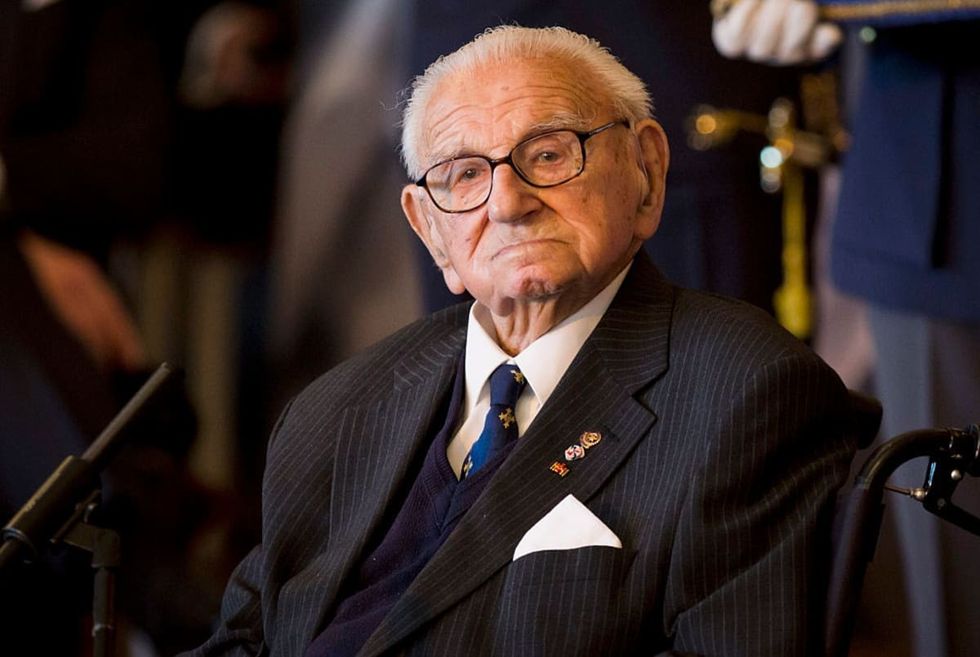
Interestingly, the world may have never known the valiant efforts of Winton had his wife not discovered a suitcase in the attic of their home that contained a scrapbook with full details of the names and photographs of the children he had helped escape, according to BBC. Winton was a British stockbroker by profession and was also a committed socialist with an interest in international affairs. He had a German connection as his parents were German Jewish, who had anglicized their name to integrate into British life. By 1938, through his family contacts, he was aware of the danger Jewish families in Nazi-occupied territories faced.
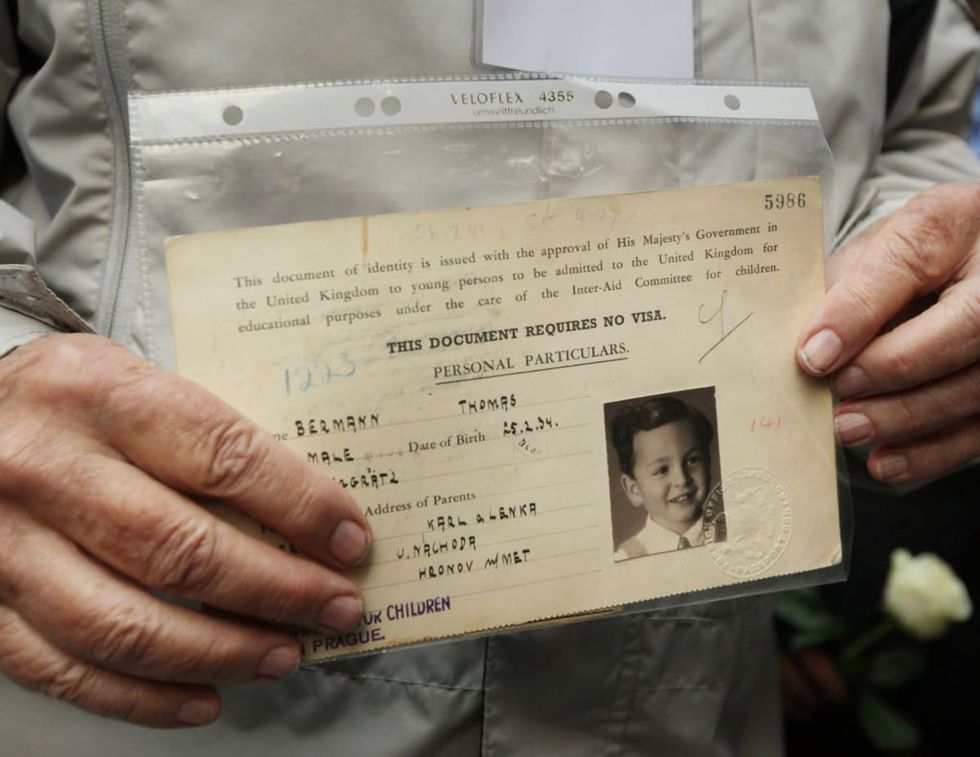
With his friend, Martin Blake, he embarked on a mission to rescue refugees fleeing persecution before the start of World War II. As soon as he reached Prague, he witnessed a sudden rise in the Jewish population—all of whom were trying to escape the Nazis. During that period, the city became a refuge center for the Jews, many of whom belonged to Germany, Austria, and the Sudetenland, a part of Czechoslovakia that Hitler had annexed. He noticed the atrocious living conditions of the refugees in these overflowing camps and with the approach of winter, struggling to survive. Winton was distressed by the desperate plight of the many children there and had decided to help them. This is how the rescue operation came to be known as the 'Czech Kindertransport.'
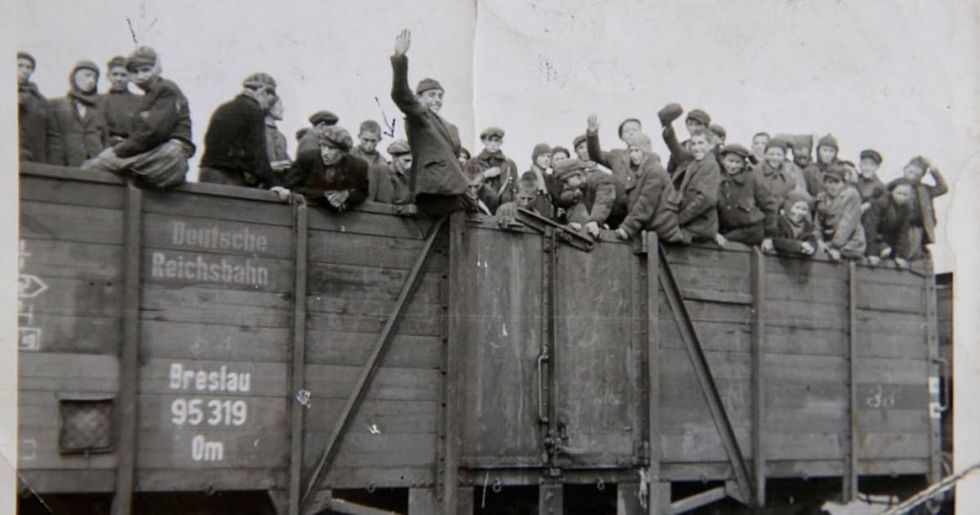
Winton tirelessly worked day in and day out to secure help from other governments. Despite being an ordinary British citizen, he was confident that he could arrange the evacuation of these young refugees by train and find them a home in the UK. Desperate to find families for these helpless kids, Winton advertised in British newspapers, some of which included photographs of the children from Prague. Those haunting images helped secure their homes. His plan was successful, and he was able to place most of the children with good families.
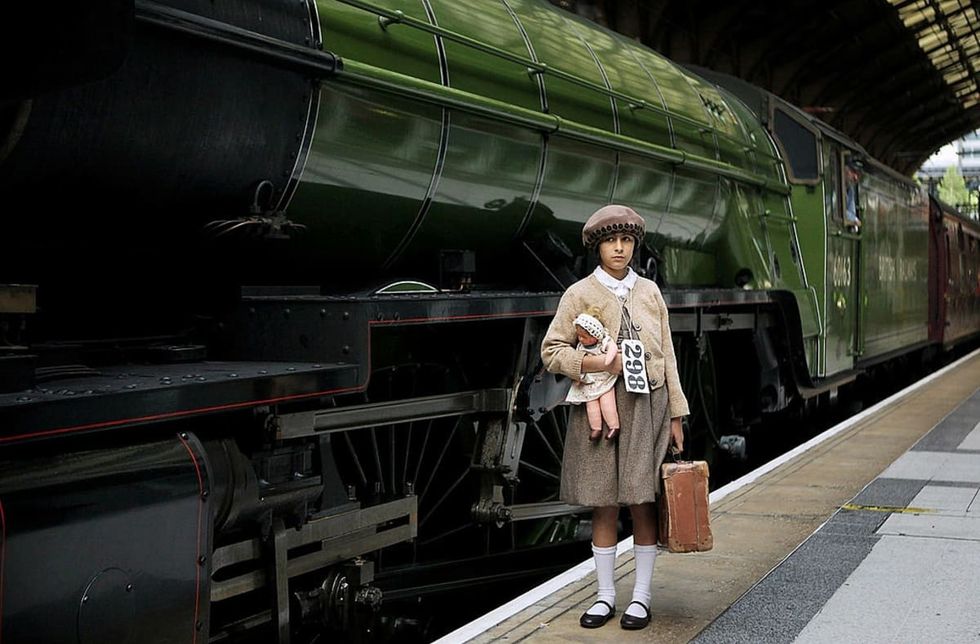
Soon, the first train carrying child refugees left Prague on 14 March 1939. Between March and August 1939, Winton oversaw the transportation of 669 children from Prague to Britain, most of whom were Jewish with a few consisting of political refugees. Among the long list of children was a kid named Vera Gissing who, along with her sister, escaped Prague on Kindertransport in July 1939. Gissing narrated her story of separation from her family and thanked Winton for safeguarding his life.
In February 1988, Vera Gissing was introduced to Nicholas Winton in a BBC TV Studio show "That's Life." This program, hosted by Esther Rantzen, was conducted with Winton and some of the children he rescued from Prague. By the end, the audience is seen giving old Winton a standing ovation. In another episode of the program, Winton was present in the audience and Rantzen asked whether anybody in the audience was among the children who owed their lives to Winton, and in reply, more than two dozen people surrounding Winton rose, and applauded the great man.





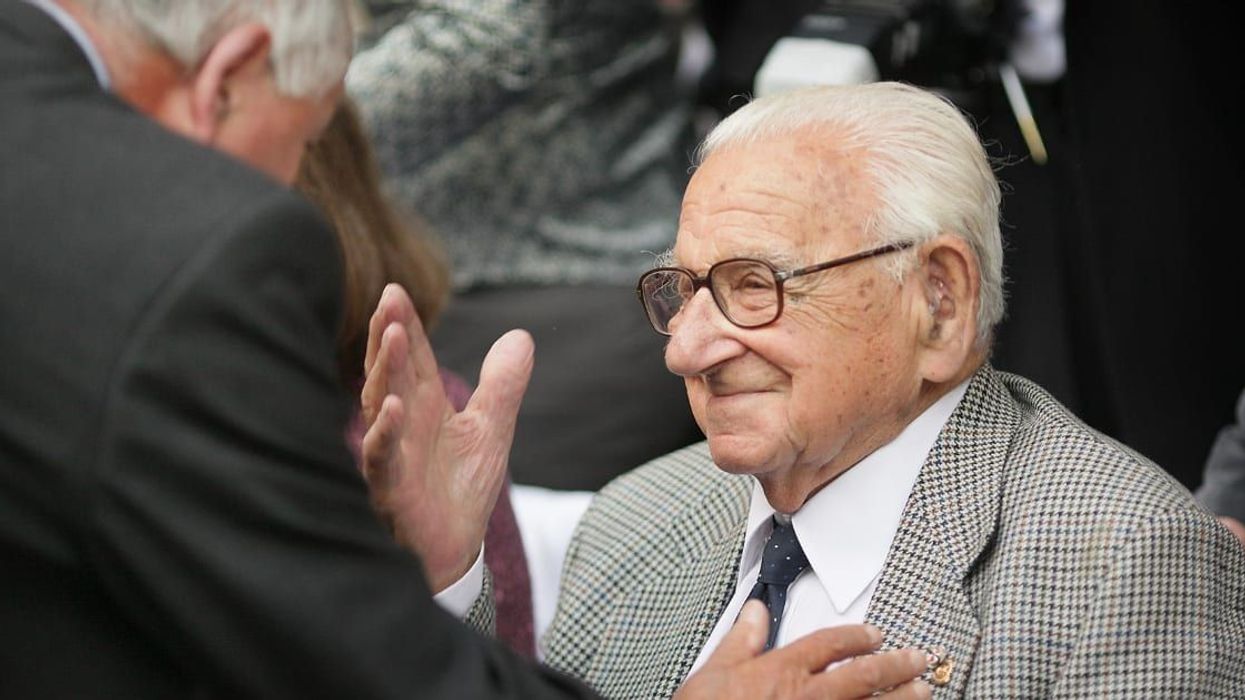



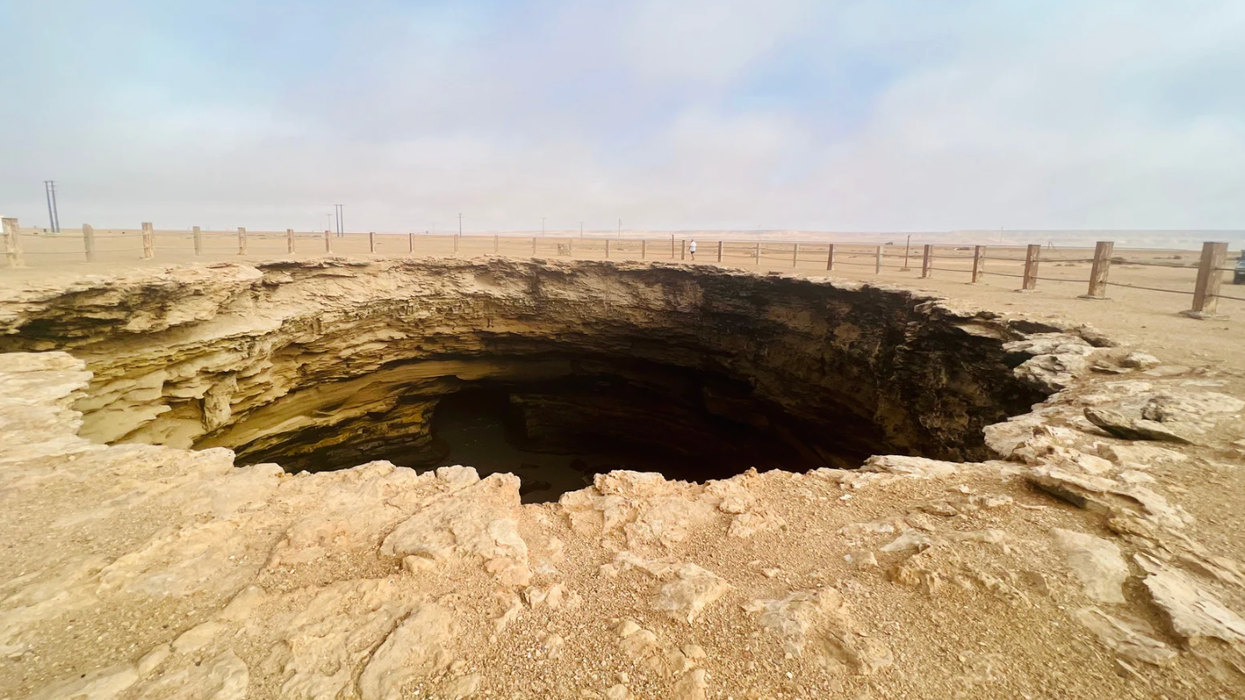




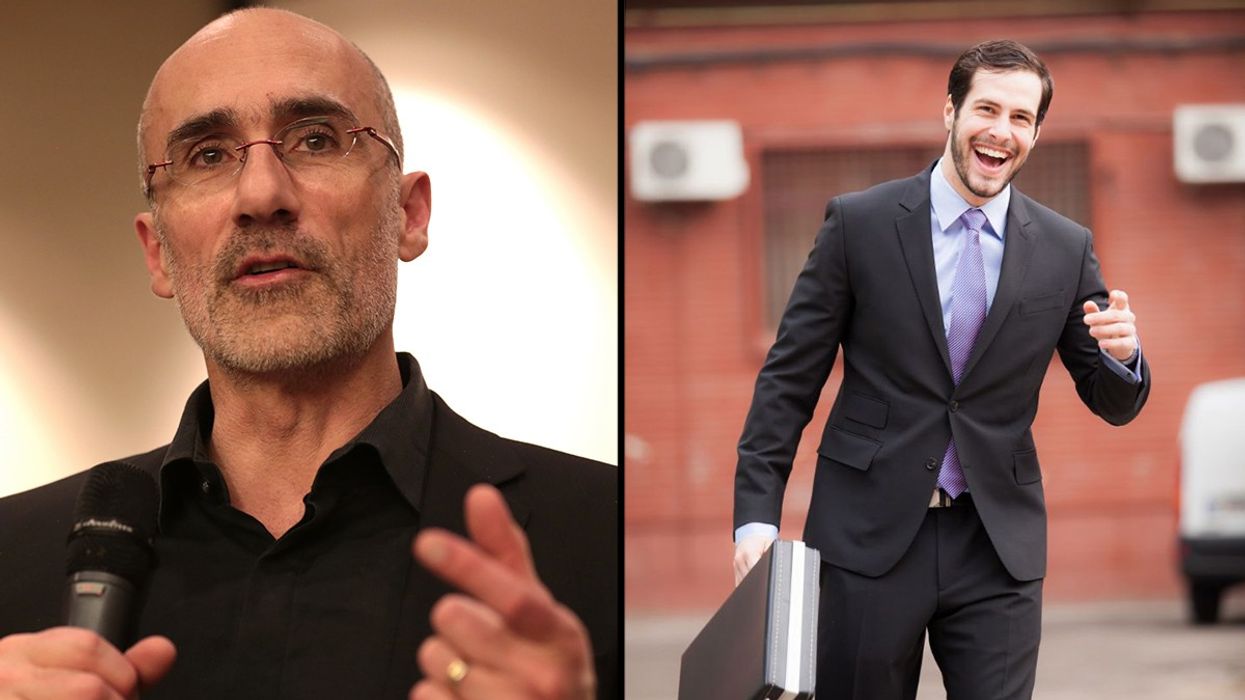


 A symbol for organ donation.Image via
A symbol for organ donation.Image via 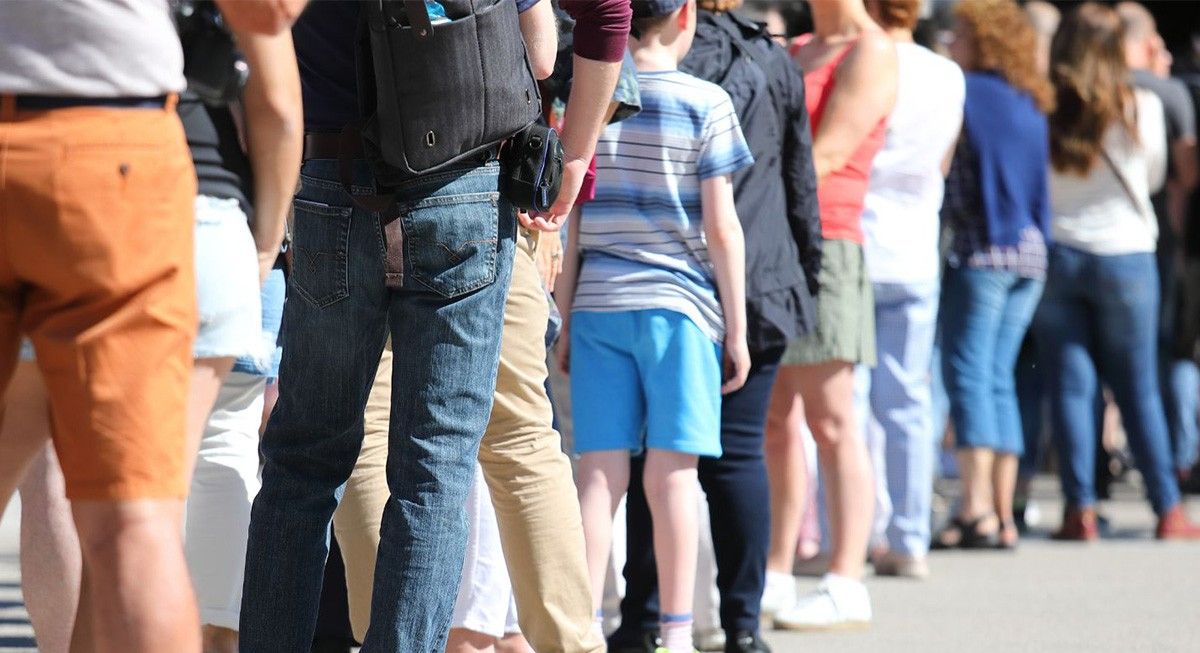 A line of people.Image via
A line of people.Image via  "You get a second chance."
"You get a second chance." 
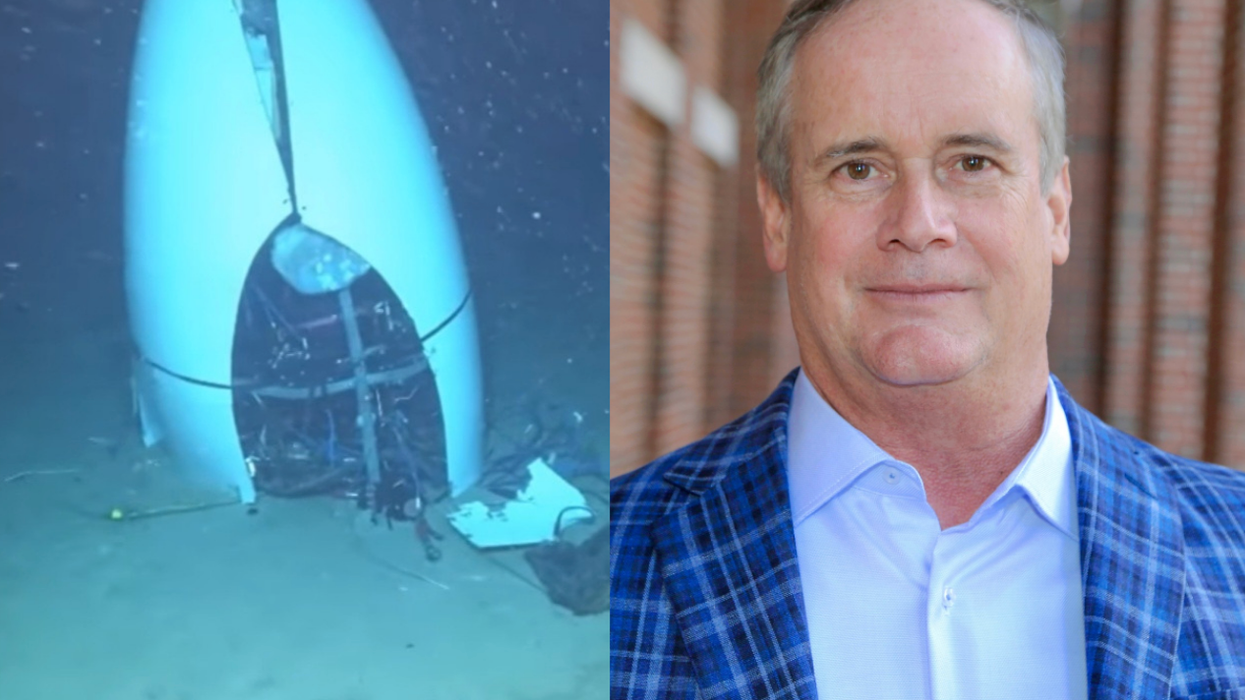

 36 is the magic number.
36 is the magic number. According to one respondendant things "feel more in place".
According to one respondendant things "feel more in place". 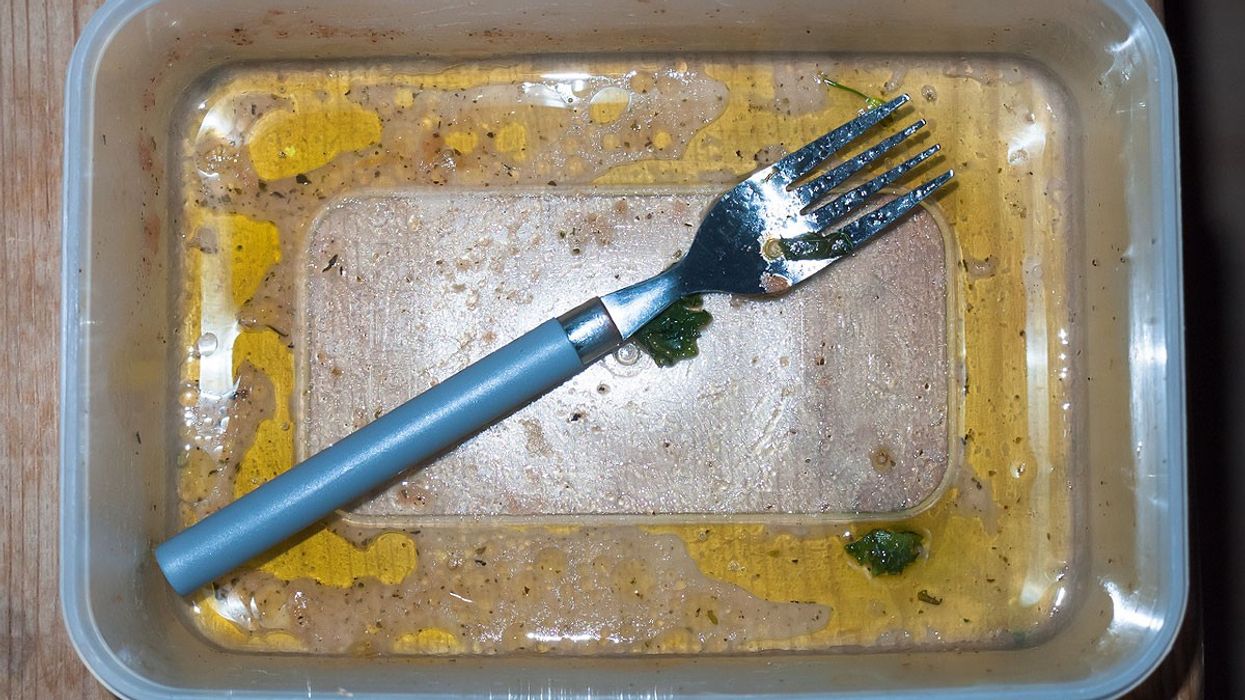
 Some plastic containers.Representational Image Source: Pexels I Photo by Nataliya Vaitkevich
Some plastic containers.Representational Image Source: Pexels I Photo by Nataliya Vaitkevich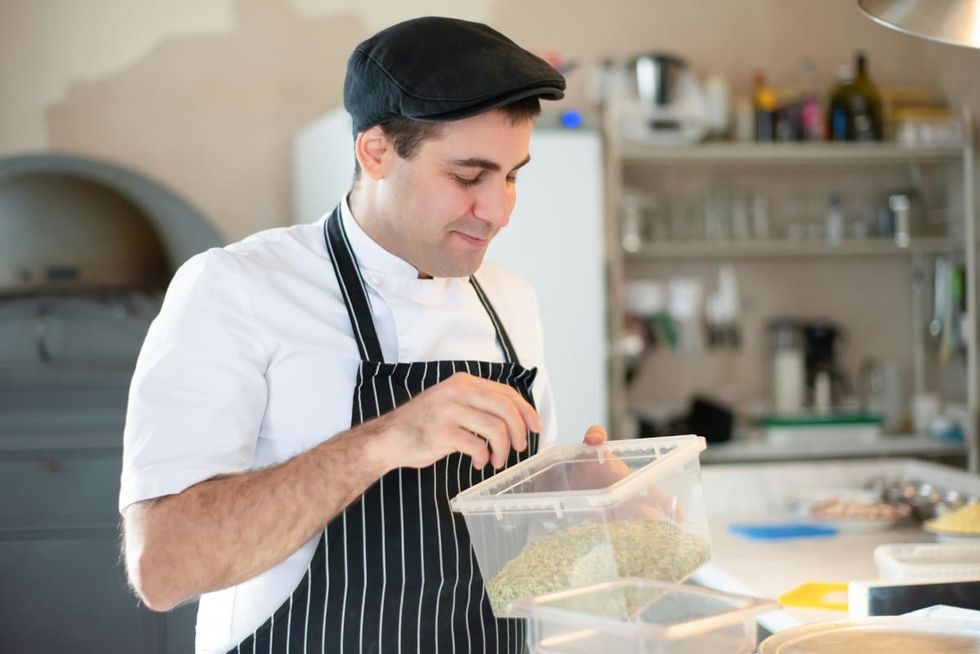 Man with a plastic container.Representative Image Source: Pexels | Kampus Production
Man with a plastic container.Representative Image Source: Pexels | Kampus Production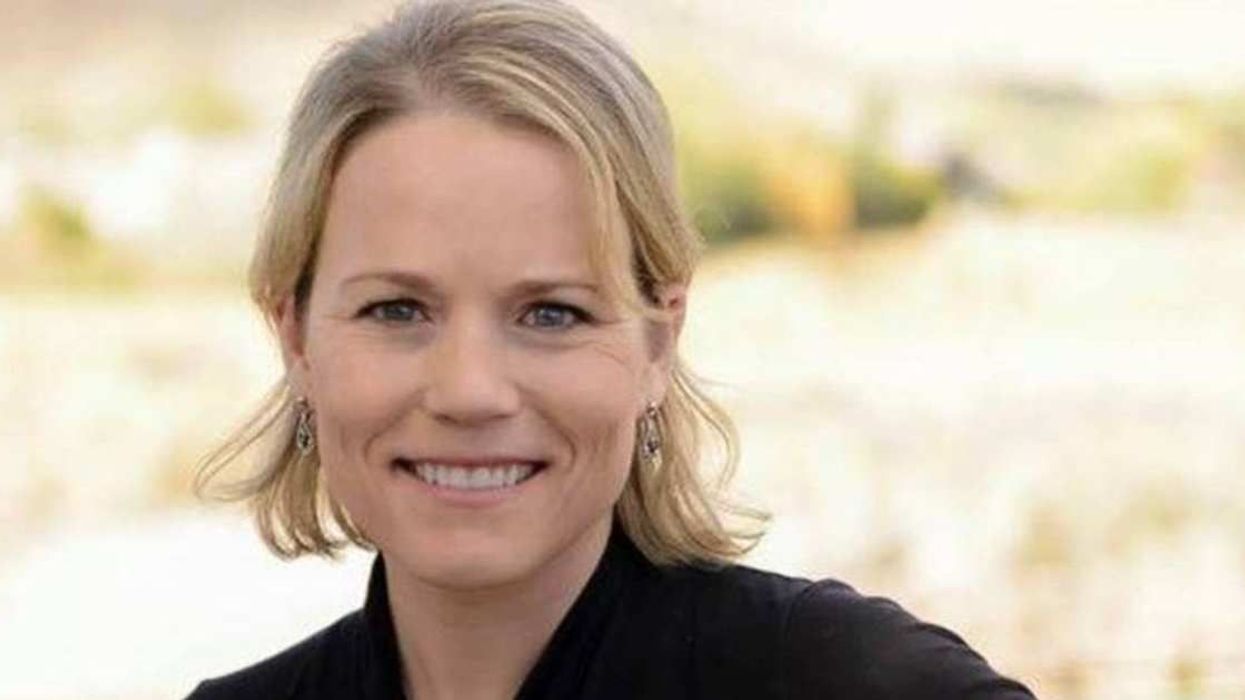
 Canva
Canva It's easy to let little things go undone. Canva
It's easy to let little things go undone. Canva
 Photo by
Photo by 
 Teens are waiting longer than at any point in the survey’s history. Canva
Teens are waiting longer than at any point in the survey’s history. Canva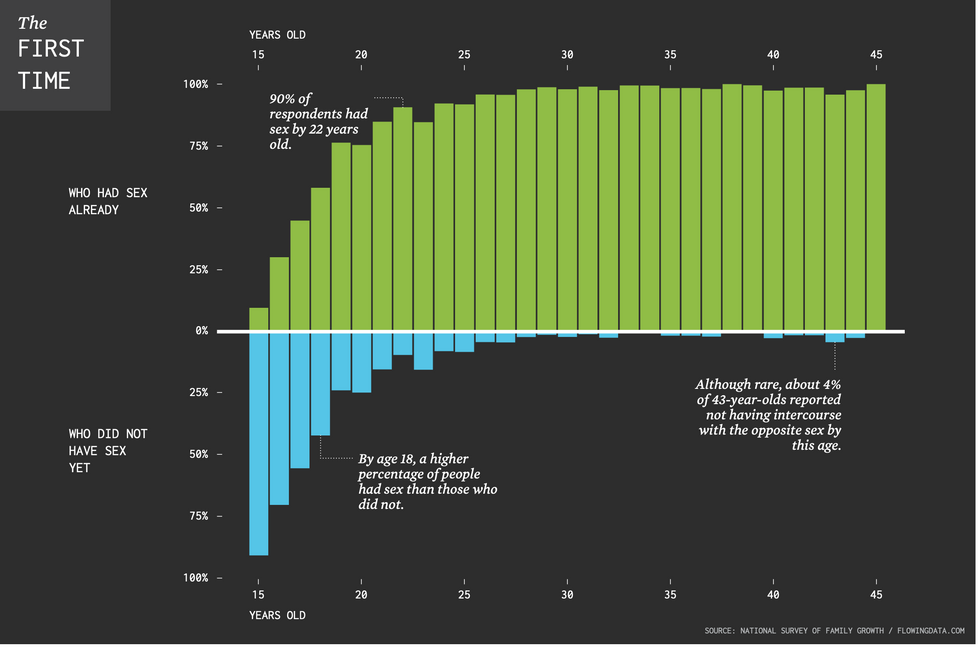 Chart on the age of a person’s first time having sex.National Survey of Family Growth/flowing data.com | Chart on the age of a person’s first time having sex.
Chart on the age of a person’s first time having sex.National Survey of Family Growth/flowing data.com | Chart on the age of a person’s first time having sex.